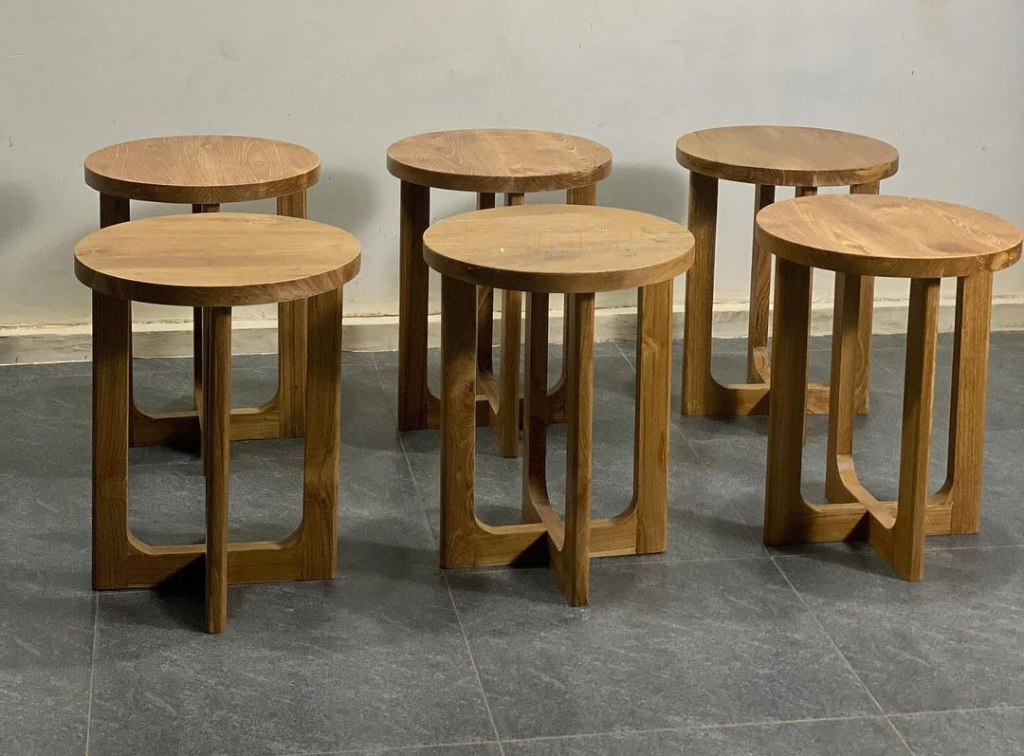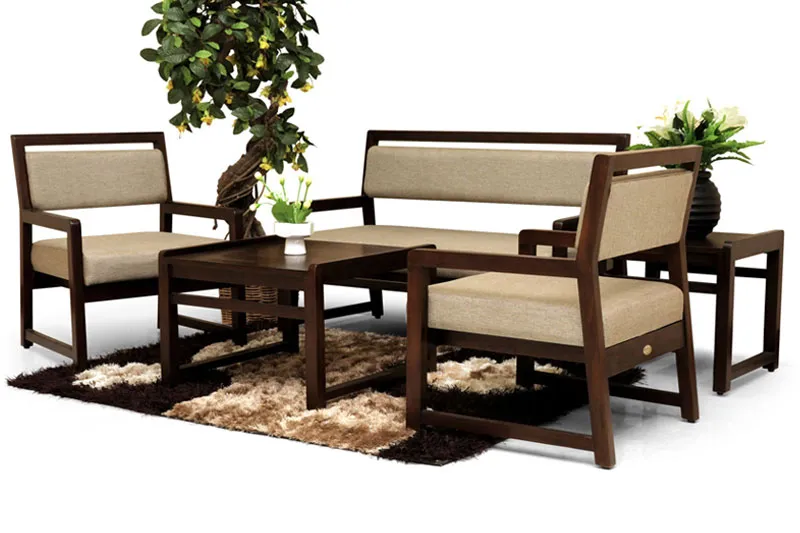Indonesia is one of the largest suppliers of wood in the global market, with a diverse range of timber products exported to different regions worldwide. Importers of Indonesian wood benefit from the country’s rich forest resources, competitive pricing, and increasing focus on sustainability. This article explores the economic impact, business potential, and key factors to consider when importing wood from Indonesia.
The Economic Importance of Indonesia’s Wood Industry
1. Contribution to the National Economy
The wood industry is a crucial contributor to Indonesia’s economy, supporting millions of jobs and generating significant export revenue. Timber and wood-based products account for a large portion of the country’s non-oil and gas exports, contributing to economic growth. The sector also attracts foreign investment, helping to improve infrastructure and production capabilities.
2. Employment Opportunities
Indonesia’s wood industry provides employment to a vast workforce, from forest management and logging to furniture craftsmanship and export logistics. Many communities depend on this sector for their livelihoods, making it a key area for economic development. Additionally, the industry supports small-scale businesses and artisans who rely on timber as their primary raw material.
Factors Affecting the Wood Import Business
1. Government Regulations and Policies
The Indonesian government enforces strict regulations to ensure legal and sustainable wood exports. Policies such as the SVLK (Timber Legality Assurance System) help verify the legality of timber sources, preventing illegal logging and promoting sustainable practices. Furthermore, the government collaborates with international organizations to ensure that its wood exports meet global environmental standards.
2. Trade Agreements and Export Incentives
Indonesia has trade agreements with various countries that facilitate smoother wood imports. Tariff reductions, export incentives, and preferential trade policies make Indonesian wood more attractive to international buyers. These agreements encourage foreign businesses to invest in Indonesia’s timber industry and establish long-term trade partnerships.
Key Challenges in Importing Indonesian Wood

1. Environmental Concerns and Deforestation
Despite efforts to implement sustainable forestry practices, deforestation remains a challenge. Importers must ensure that they source wood from certified suppliers who adhere to environmental standards and responsible harvesting. Continued efforts are necessary to balance economic interests with conservation efforts, ensuring that Indonesia’s forests remain a valuable resource for future generations.
2. Global Competition and Market Dynamics
Indonesia competes with other major wood-exporting countries such as Malaysia, Vietnam, and Brazil. Importers need to consider market trends, pricing strategies, and supplier reliability when choosing Indonesian wood over other sources. Developing strong business relationships with Indonesian suppliers can help mitigate risks and ensure product consistency.
Future Trends in the Indonesian Wood Industry
1. Growing Demand for Sustainable and Certified Wood
As global consumers become more environmentally conscious, the demand for FSC-certified and legally sourced wood is rising. Businesses importing wood from Indonesia can gain a competitive advantage by prioritizing sustainable and eco-friendly products. The increasing focus on carbon footprint reduction is also influencing purchasing decisions in major international markets.
2. Technological Advancements in Wood Processing
Innovations in wood processing, such as digital fabrication, automated cutting, and improved kiln-drying techniques, are enhancing the quality and efficiency of Indonesian wood exports. These advancements make Indonesian wood more competitive in international markets. Additionally, investment in research and development is expected to drive further improvements in product durability and processing efficiency.
Indonesia’s wood industry presents significant business potential for importers looking for high-quality, affordable, and sustainably sourced timber. By understanding economic factors, regulatory policies, and market trends, businesses can make informed decisions when importing wood from Indonesia.
With the right strategy, importers can benefit from Indonesia’s strong timber sector while supporting sustainable forestry practices. As the industry continues to evolve, embracing sustainable innovations and international collaborations will be key to long-term success.

